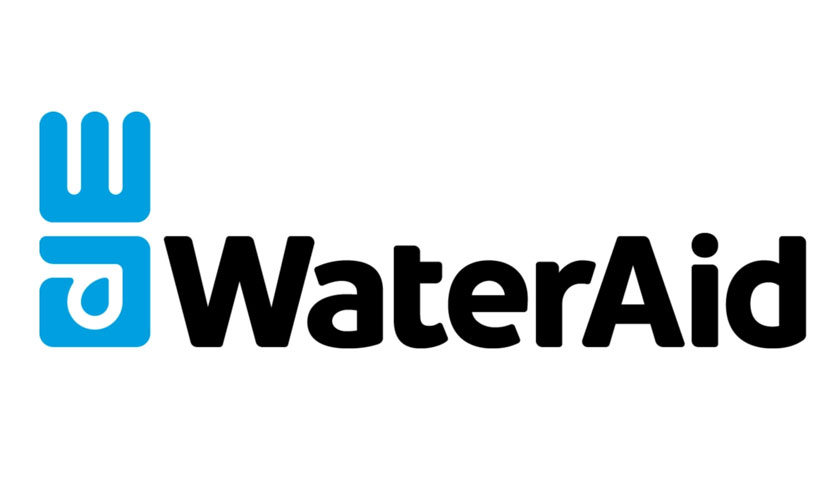WaterAid is inviting supporters to help provide clean water, decent toilets and good hygiene to climate-vulnerable communities in Bangladesh, Pakistan and Mali this Ramadan.
Bangladesh is on the frontline of climate change. The country is facing erratic rainfall, flooding, drought, rising sea levels and cyclones. Extreme weather threatens people’s access to basic needs, with floods contaminating fragile water sources and droughts drying them out, making things even harder for vulnerable families.
One in five schools in Bangladesh have no clean water and many lack decent toilets and handwashing facilities. Without these essentials and with the increasing threat of a changing climate, children face an uncertain future, struggling to keep healthy and free of disease and missing out on lessons. With nowhere to safely manage their periods, many girls stay at home during their period, forfeiting their education.
This Ramadan, donations to WaterAid will help fund projects that meet Zakat principles in Bangladesh, Pakistan and Mali. WaterAid is partnering with EmeraldNetwork, the UK’s longest running Muslim professional network, to build on the success of last year’s campaign, which raised £170k, and to help bring the gift of clean water to even more people around the world.
Supporters will be helping to provide, for example, clean water, decent toilets, handwashing and Wudu stations in up to 50 Madrassa schools in three remote, climate-vulnerable districts in Bangladesh so children can stay healthy and clean, remain in school and enjoy learning.
Hashi and Hasan are in class 10 at a Madrassa school in Rangpur, Bangladesh. The school used to lack separate toilets for girls and boys, which meant girls were often absent when they were on their period. The water in the Madrassa was also dirty so students had to either buy water from the market, go back home or go to nearby houses to collect it and miss class.
Hasan said:
“Before, everything was extremely dirty and smelly – there was only one toilet shared between male and female students and we had to go to nearby houses to drink water. I think female students suffered the most because they had no choice but to use the dirty bathroom during their periods.”
Hashi is delighted things have changed. She said:
“Separate toilets were made for male and female students. There is also an established separate room for female students to change their sanitary pads. A vending machine is available inside the toilet so that female students can get a sanitary pad easily. Some other facilities are available now, like we can wash our hands while entering the Madrassa. Our teachers taught us the proper way of Wudu and made us aware of the importance of using clean water. I love helping people around me and raising awareness of cleanliness and water hygiene. Once I complete my studies here, I want to seriously do something good for my country.”
With clean water and decent toilets, more students like Hashi and Hasan will be able to stay healthy and realise their potential.
WaterAid’s Zakat appeal will also help make a difference to communities in Mali and Pakistan. In drought-prone Mali, projects will provide water pumps, decent toilets and handwashing facilities at health centres, and in Pakistan, money will go towards climate-resilient water and sanitation services in healthcare centres and schools as well as education programmes to help reduce the risk of waterborne diseases.
Hasin Jahan, Country Director, WaterAid Bangladesh, said:
“Everyone needs a reliable supply of water that keeps pumping through floods, drought and natural disasters as well as decent toilets and handwashing facilities to keep themselves healthy. When schools have these basic essentials, children, especially girls, aren’t held back in their education and can contribute and make their mark in the world. This Ramadan, we are inviting people to get behind our Zakat campaign and help make a difference to climate-vulnerable communities so everyone, everywhere has access to clean water, decent sanitation and good hygiene.”
